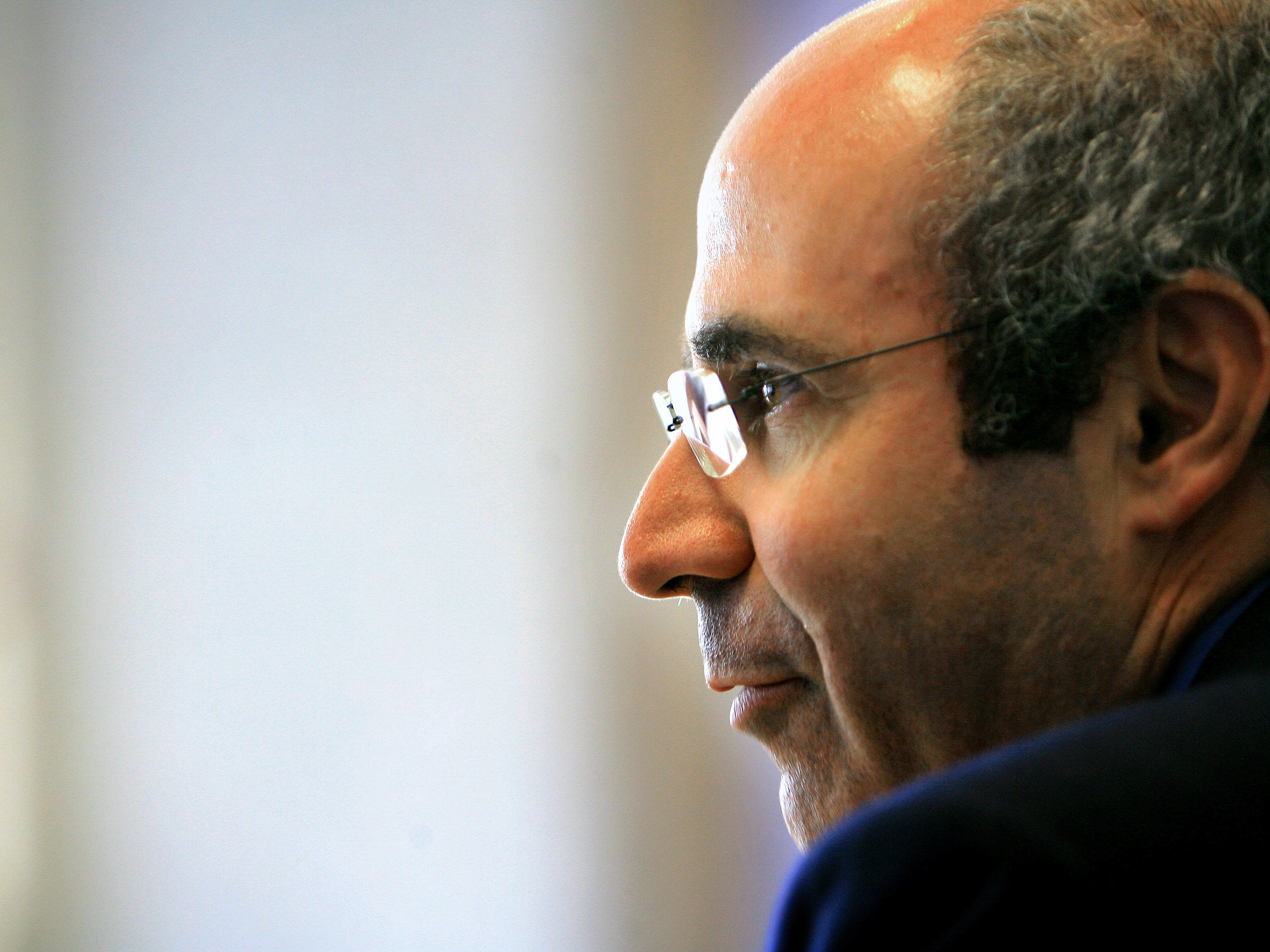MOSCOW, March 27 - RAPSI. Hermitage Capital Management Ltd., whose counsel Sergei Magnitsky’s 2009 death sparked an international outcry, will shut its doors in Russia, co-founder and CEO William Browder told Bloomberg Monday.
The report quoted Browder as having explained, “It was too small to continue as a viable concern.” He added that the closure was in the hands of HSBC Holdings Plc, the fund’s manager and trustee.
Browder is currently dealing with criminal charges arising from two separate sets of accusations in Russia.
Earlier this month Russia’s Interior Ministry announced that it had filed fraud charges against Browder, alleging his involvement in a scheme to “illegally purchase” Gazprom shares. It said the charges were filed in absentia because the ministry’s summons was ignored.
Hermitage Capital dismissed the charges against Browder as "absurd" and "hysterical."
At present, Browder is also on trial in absentia alongside Magnitsky on embezzlement charges. Investigators claim that they embezzled hundreds of millions of rubles from the budget by manipulating tax returns between September and October 2007.
For its part, Hermitage Capital maintains that it paid 5.4 billion rubles (around $180 million) in taxes, but that the money was stolen by corporate raiders with the help of law enforcement officials.
Deceased whistleblower Sergei Magnitsky’s prosecution, who died in a Moscow pre-trial detention center in 2009, has been attributed to this theft. The case was closed after his death, only to be reopened later. Under Russian criminal law, it is possible to prosecute a person after their death.
Under Russian criminal law, a dead person can be prosecuted. According to Article 24 of the Russian Code of Criminal Procedure, proceedings can be closed against a deceased person who stood accused of some some crime pending the consent of his relatives. The case would then be closed on so called non-rehabilitative grounds meaning that relatives of the person do not demand the deceased person to be recognized as innocent. Under the law, if a family wants their deceased to be cleared of all charges and declared innocent, they must approve ongoing investigations.



